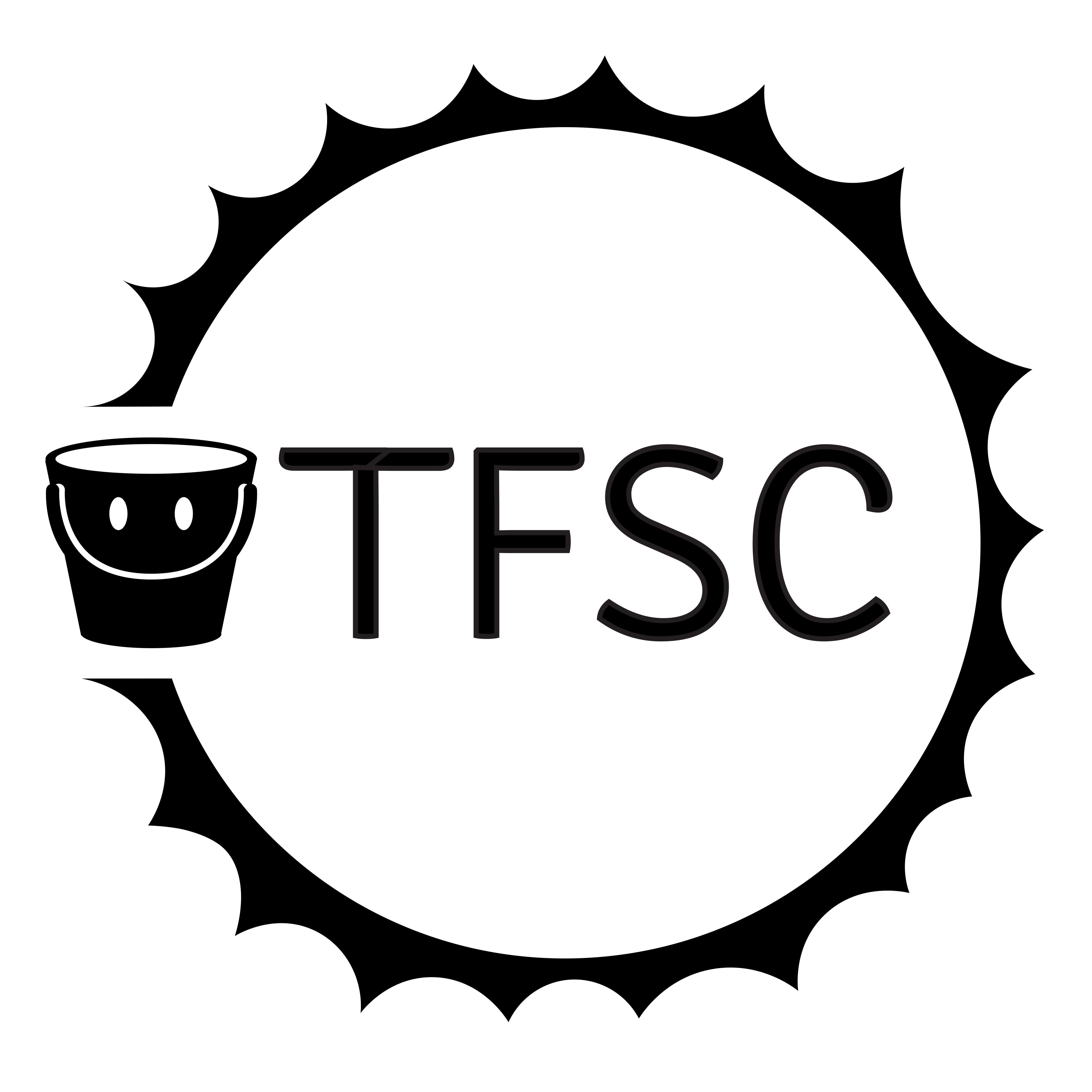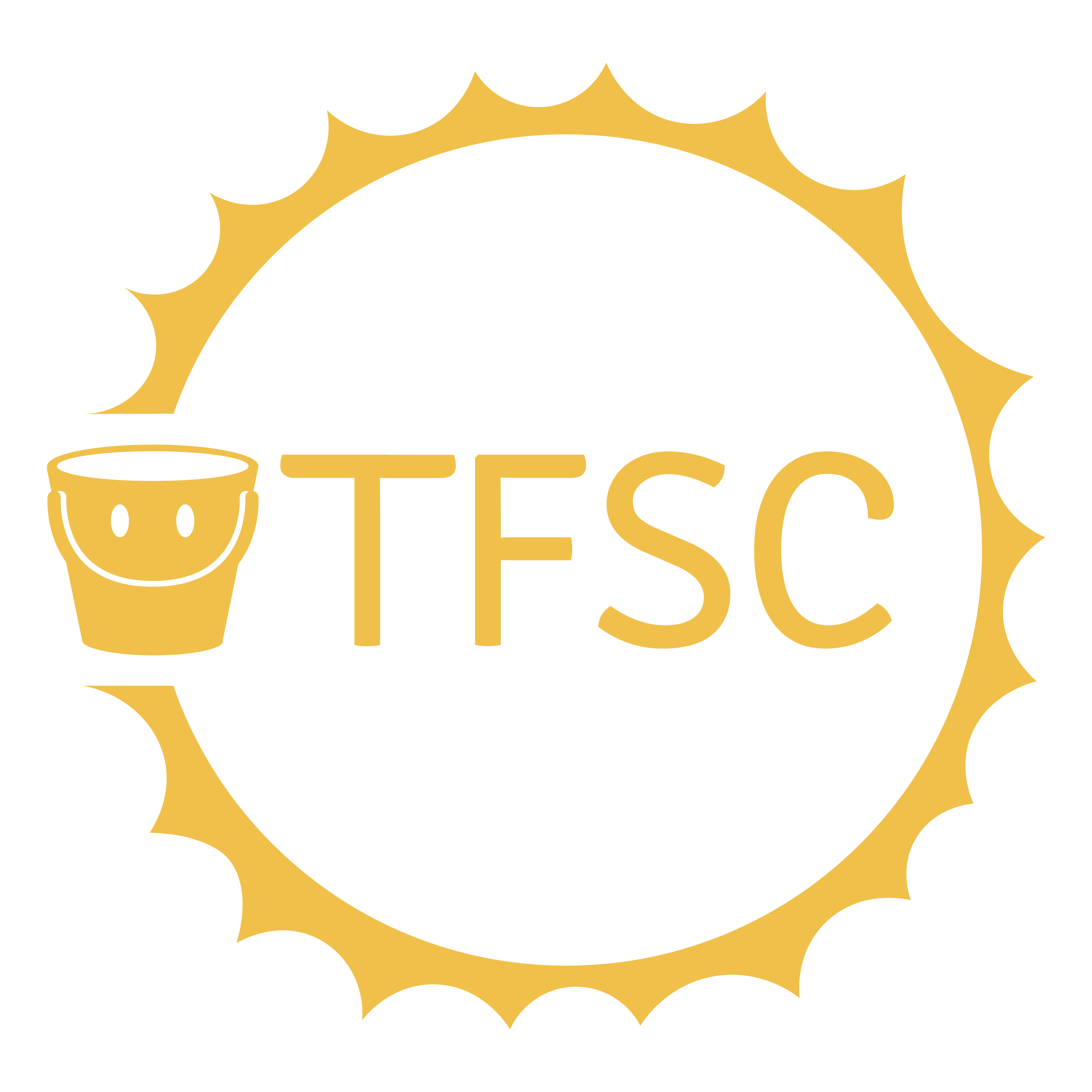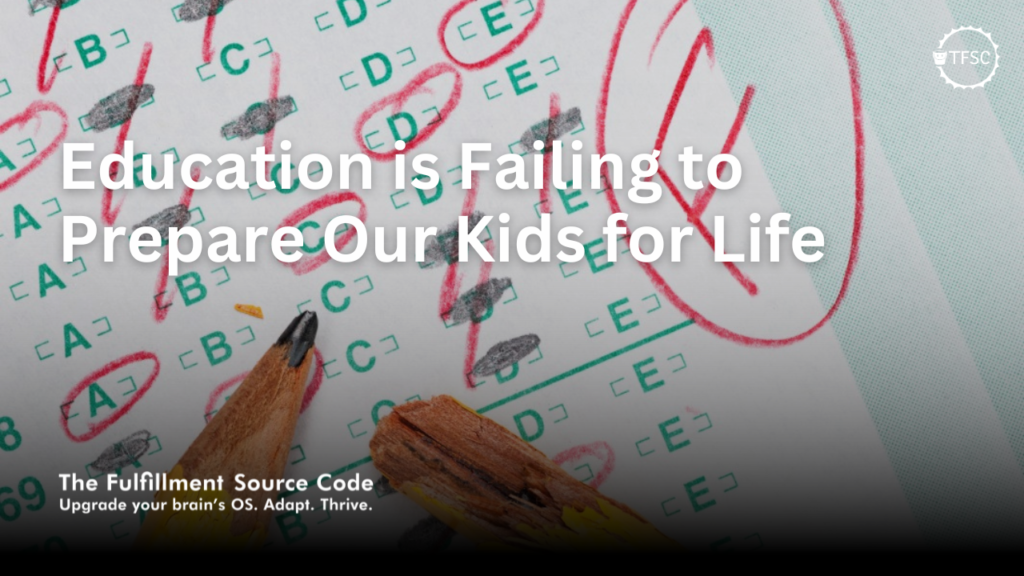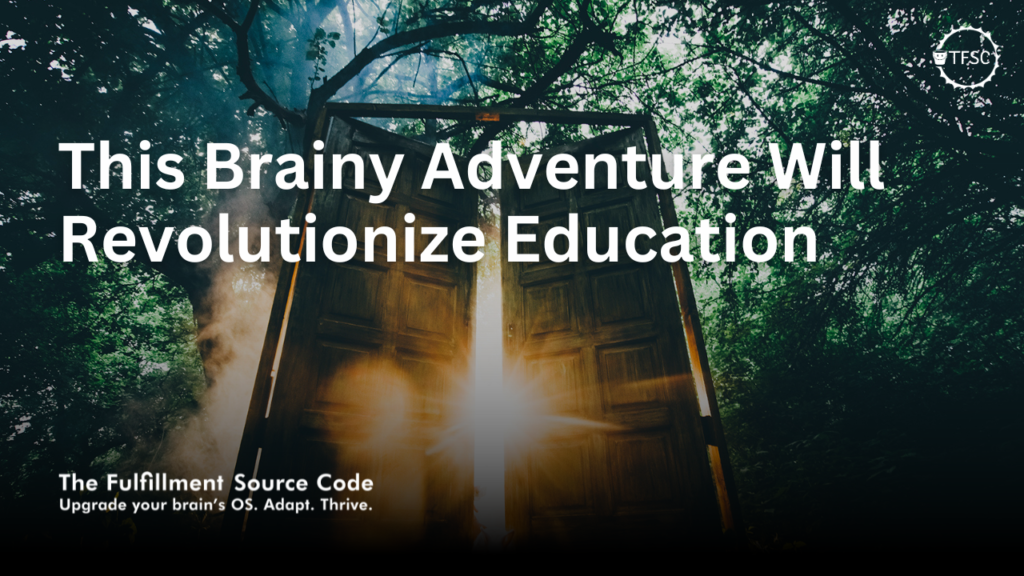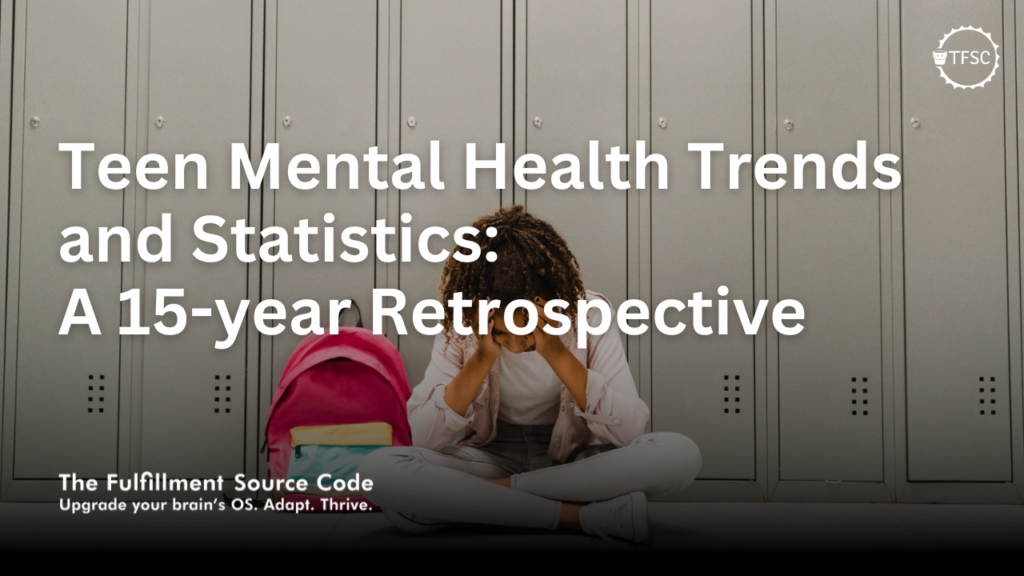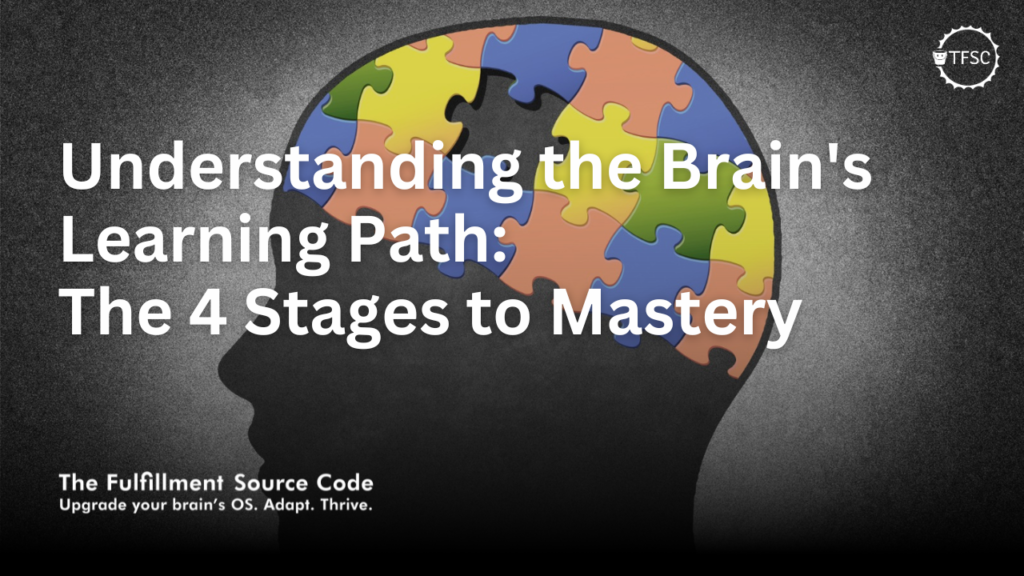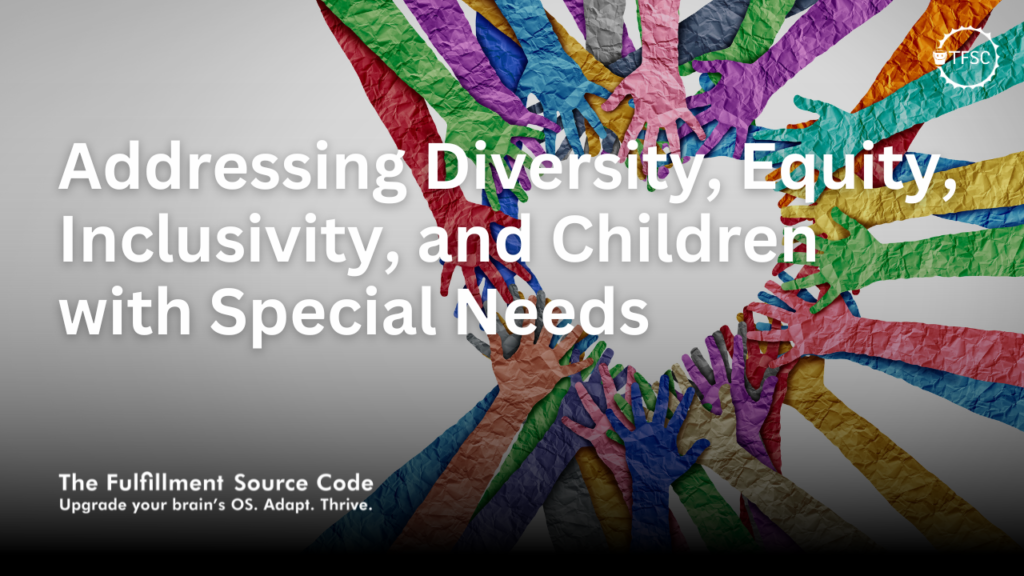Reframing Public Education: From Finding Weaknesses to Building Strengths
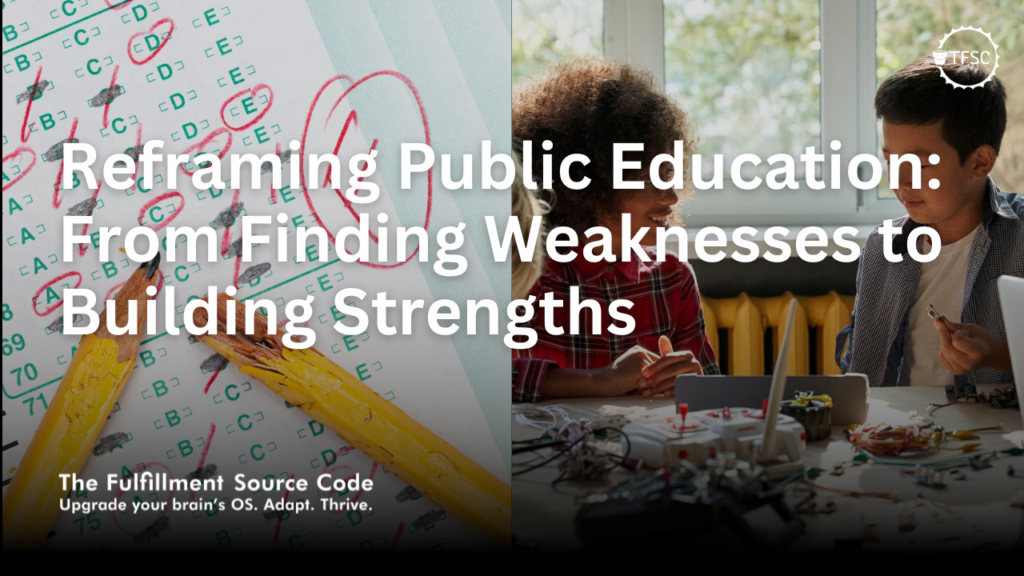
The American public education system is designed to identify students weaknesses and work on them, rather than to build on their strengths. This approach has been criticized for its narrow focus on standardization and test scores, and for its failure to foster creativity, curiosity, and innovation.
Research has shown that this approach may be ineffective and may even harm students in the long run. According to a report by the Learning Policy Institute, focusing on students’ deficits can lead to disengagement, low motivation, and poor academic performance. In contrast, a strengths-based approach, which focuses on students’ interests, passions, and strengths, can lead to greater engagement, motivation, and achievement.
One study that supports this approach is a report by the Harvard Graduate School of Education, which found that students who participated in strengths-based programs showed greater academic achievement and positive social-emotional development. Another study by the Gallup organization found that students who had the opportunity to use their strengths every day were more likely to be engaged in school and in their future careers.
However, implementing a strengths-based approach requires a fundamental shift in the way we think about education. As the McKinsey Global Institute has noted, traditional education systems are often slow to change and resistant to innovation. To build a strengths-based education system, we need to rethink everything from curriculum design to assessment methods to teacher training.
One way to do this is to focus on personalized learning, which tailors instruction to each student’s unique strengths, needs, and interests. Personalized learning can take many forms, from project-based learning to competency-based education to blended learning. According to a report by the RAND Corporation, personalized learning can lead to improved student outcomes and greater student engagement.
Another way to build a strengths-based education system is to provide more support and resources for teachers, who are the key to unlocking students’ potential. This can include things like increasing teacher pay, providing more professional development opportunities, and reducing administrative burdens. A recent study by the Learning Policy Institute found that investing in teacher support and development can lead to significant improvements in student achievement.
In conclusion, the current public education system is designed to help students find their weaknesses, rather than to build on their strengths. However, a growing body of research suggests that a strengths-based approach may be more effective and beneficial for students. By focusing on personalized learning and providing more support for teachers, we can build a more effective and equitable education system that fosters creativity, curiosity, and innovation. It’s time to reframe public education and start building on our students’ strengths.
Sources & References
Learning Policy Institute. The Science of Learning and Development: A Synthesis. Learning Policy Institute. Published 2020. Accessed April 26, 2023. https://learningpolicyinstitute.org/topic/science-learning-and-development
Harvard Graduate School of Education. The Strengths-Based School. HGSE. Published 2021. Accessed April 26, 2023. https://www.gse.harvard.edu/news/uk/21/05/strengths-based-school
Gallup, Inc. Strengths-Based School Culture: The Impact on Student Engagement and Well-Being. Gallup. Published 2022. Accessed April 26, 2023. https://www.gallup.com/education/351667/strengths-based-school-culture.aspx
McKinsey Global Institute. Education to Employment: Designing a System that Works. McKinsey & Company. Published 2022. Accessed April 26, 2023. https://www.mckinsey.com/industries/public-and-social-sector/our-insights/education-to-employment-designing-a-system-that-works#
RAND Corporation. Personalized Learning: The Importance of Teachers in a Technology-Driven World. RAND Corporation. Published 2021. Accessed April 26, 2023. https://www.rand.org/pubs/research_reports/RR2813.html
Learning Policy Institute. The Impact of Teacher Professional Development on Student Achievement. LPI. Published 2020. Accessed April 26, 2023. https://learningpolicyinstitute.org/product/teacher-prof-dev-student-achievement-report
